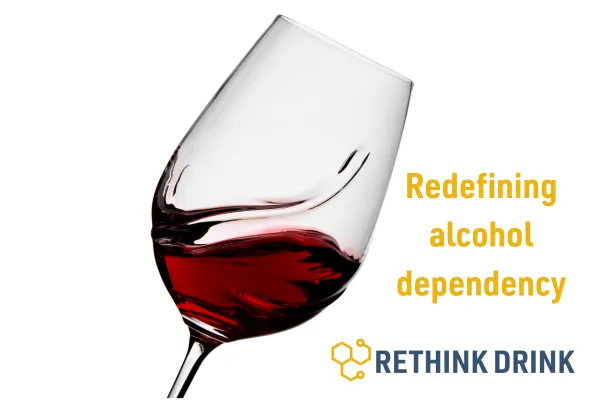
Redefining Alcohol Dependency: Is AA Becoming Outdated?
Key Takeaways
Traditional recovery models like AA may not suit everyone
The Sinclair Method offers a science-backed alternative to abstinence-only treatment
Naltrexone enables gradual alcohol reduction through a process called Pharmacological Extinction
Rethink Drink provides modern, non-judgemental coaching tailored to your lifestyle
You can book a free screening call to explore your options
When we think of recovery from alcohol dependency, the image that often springs to mind is a circle of people saying, “Hi, I’m John, and I’m an alcoholic.” This familiar ritual of Alcoholics Anonymous (AA) has been a cornerstone of addiction recovery since the 1930s. But as society changes, and science advances, many are asking: is AA becoming outdated?
The Traditional Route: AA's Strengths and Shortcomings
Founded in 1935, AA has supported millions through its 12-step programme and peer-support model. It offers structure, community, and a philosophy of total abstinence. However, this one-size-fits-all approach doesn’t work for everyone.
Strengths of AA:
Provides a strong peer support network
Offers structured steps for behaviour change
Globally accessible and easy to find local meetings
Encourages regular accountability
Limitations of AA:
Requires lifelong abstinence from alcohol
Spiritual undertones can feel uncomfortable or exclusive
“Once an alcoholic, always an alcoholic” mindset may feel disempowering
Lack of scientific backing for long-term success rates
This rigid structure leaves many feeling alienated—especially those who don’t identify with the label “alcoholic” or who want to reduce drinking without quitting completely.
A New Perspective: The Science of Pharmacological Extinction
Enter the Sinclair Method, a revolutionary approach backed by clinical evidence. Instead of demanding abstinence, it embraces Pharmacological Extinction—a process where the brain gradually unlearns the alcohol reward cycle with the help of Naltrexone, a medication that blocks endorphins when alcohol is consumed.
This method doesn’t rely on willpower alone. Instead, it works by targeting the neurochemistry of addiction, helping people drink less over time until cravings fade—often without the drama of relapse or guilt.
Key benefits of the Sinclair Method:
Doesn’t require quitting alcohol immediately (or at all)
Allows for gradual reduction at your own pace
Reduces cravings over time using brain science
Backed by over 90 clinical trials and decades of research
Why AA May No Longer Be the Best Fit for Everyone
The AA model assumes that everyone with a problematic relationship with alcohol must abstain forever. But modern understandings of dependency show us that alcohol use disorder (AUD) exists on a spectrum. Some people drink to cope, some to escape, and others out of habit. Not everyone needs or wants to be alcohol-free for life.
That’s why we’re passionate about redefining what recovery means at Rethink Drink. Rather than pushing you into a box, we meet you where you are—whether you want to drink moderately, quit completely, or just feel more in control.
Rethink Drink: A Modern Alternative to AA
At Rethink Drink, we specialise in coaching for the Sinclair Method. Our support is science-led, non-judgemental, and rooted in your real life. We understand that every person’s journey with alcohol is unique.
What makes us different:
We use evidence-based strategies, not slogans
We support moderation as well as abstinence
We offer personalised coaching, not group therapy
We believe in empowerment, not powerlessness
Ready to explore a modern alternative? You can book a free screening call to find out if the Sinclair Method is right for you.


